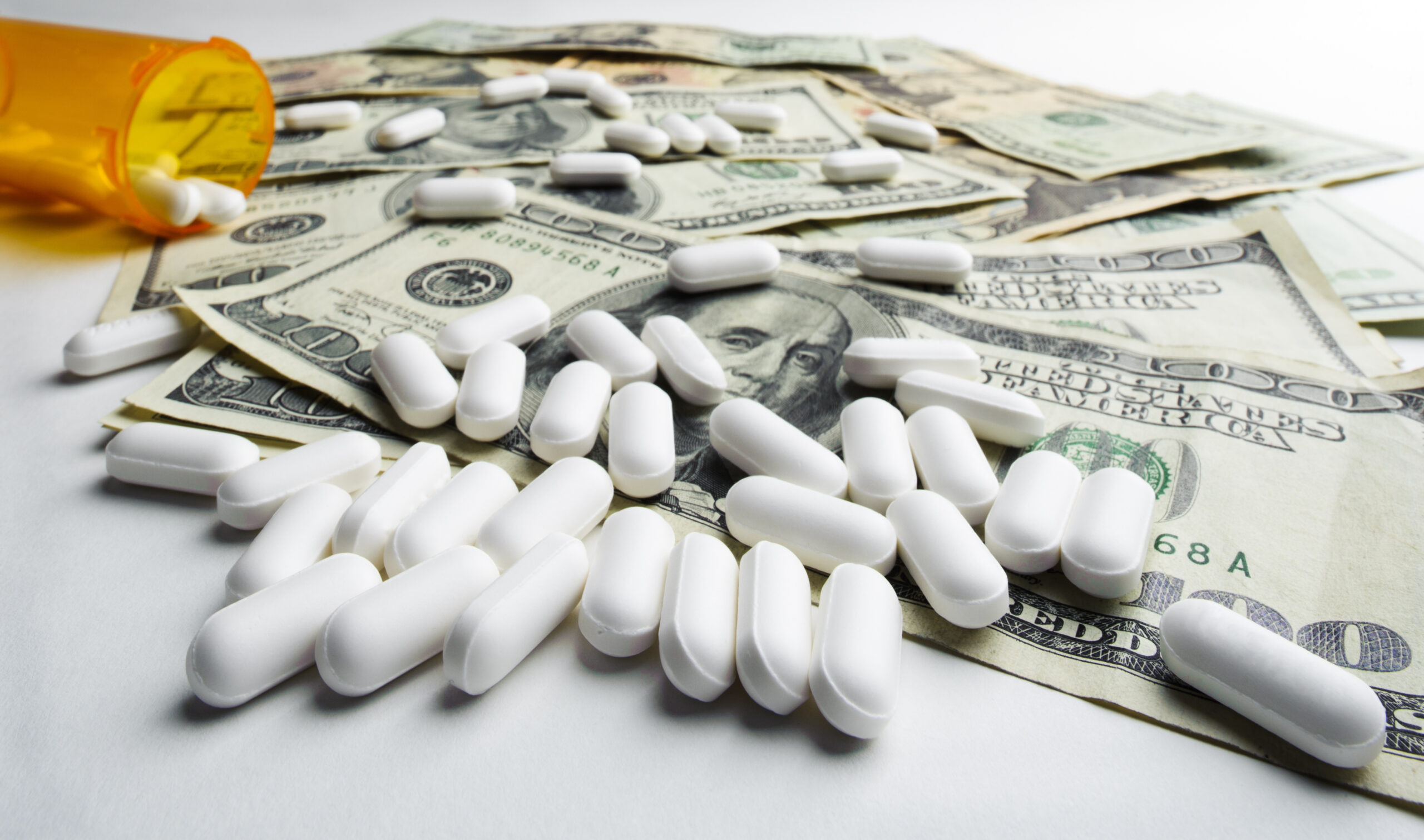© 2024 CSRXP- All Rights Reserved

Big Pharma Watch: How Drug Makers Use Charities to Pad Their Bottom Line
Aug 29, 2019
In case you missed it, a recent article in The Economist digs into the inner workings of Big Pharma-backed charities and how the industry uses them as a vehicle to boost their bottom line. These charities create the illusion that they’re helping make costly drugs more accessible for patients, but in reality Big Pharma’s generosity is just a scheme to further enable their price-gouging and boost their profits.
Here’s how it works:
If an insured patient needs a brand name drug with a high list price, they’ll usually have to pay a co-payment while their insurance pays the remainder. But even co-payments can be expensive for many patients due to the staggering list price on the medication they need. That’s where the charities come in. The charities will pay patients’ co-payments for them — charitable right? Not when you dive a little deeper.
Big Pharma says that assisting patients with their co-payments helps them obtain drugs with high price tags, but, as The Economist explains, all it really does is encourage patients to choose a brand name drug over a generic alternative — even if that drug’s price is much higher and continues to rise.
Drug companies make billions off of this scheme:
“The impact of these charities is large and growing. Most of them are less than 15 years old. In 2001 just five drugmakers operated charities, spending a total of $370m. That had risen 20-fold, to $7.4bn, by 2016. According to Ronny Gal, an analyst at Berstein, a research firm, the co-payment on the price of a drug is usually just 10% of the cost the pharmaceutical company ultimately charges to the insurance provider. This would mean that $7.4bn, if it were all spent on co-payments, could earn drugmakers $74bn in revenues—which would account for nearly a quarter of total drug spending in America.”
And there’s another way these charities help boost profits – through tax deductions.
“Using co-pay charities to support high prices is good for business, but charitable contributions foster healthy profits in another way, too: they are tax-deductible. The corporate tax codes of most countries allow companies to deduct the cost of any charitable giving from pre-tax profits. But in America the system is more generous, says Jason Factor, a tax lawyer at Cleary Gottlieb Steen and Hamilton. Companies that give products for the benefit of the ‘needy or ill’ can deduct up to twice the cost of donated goods. How convenient!”
This is just one of a litany of examples of the anti-competitive tactics Big Pharma employs to keep drug prices rising and boost their bottom line.
Washington simply must act to crack down on brand name drug makers’ egregious pricing practices that increase costs across the entire health care system.
To read the full article in The Economist click HERE.
To read more on market-based solutions to hold Big Pharma accountable and lower prescription drug prices, click HERE.
